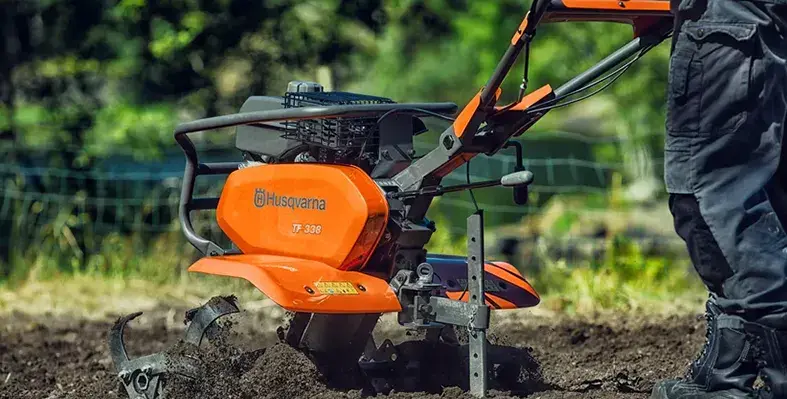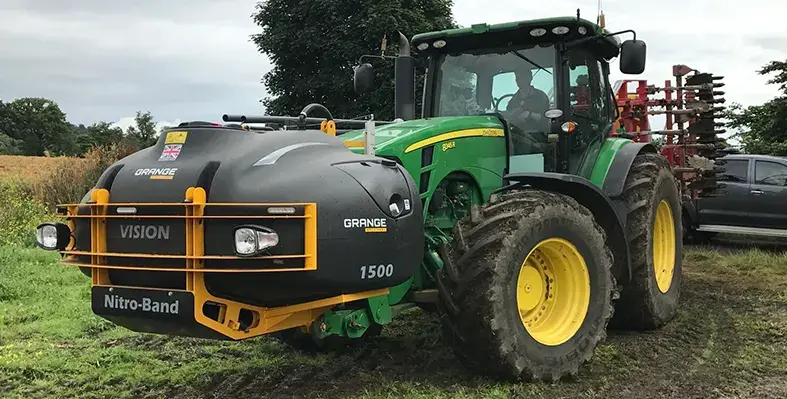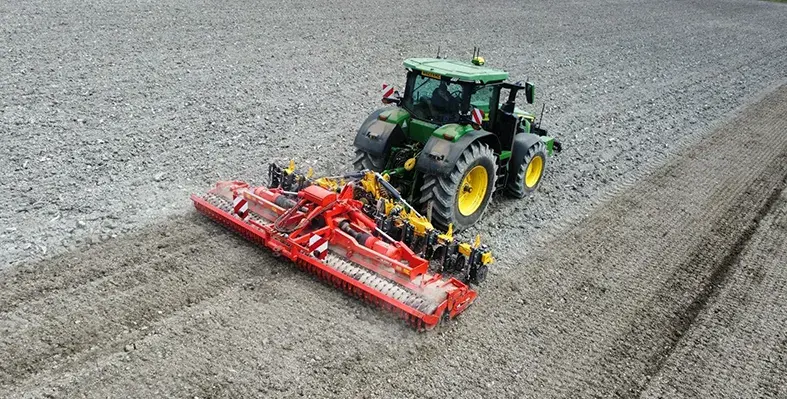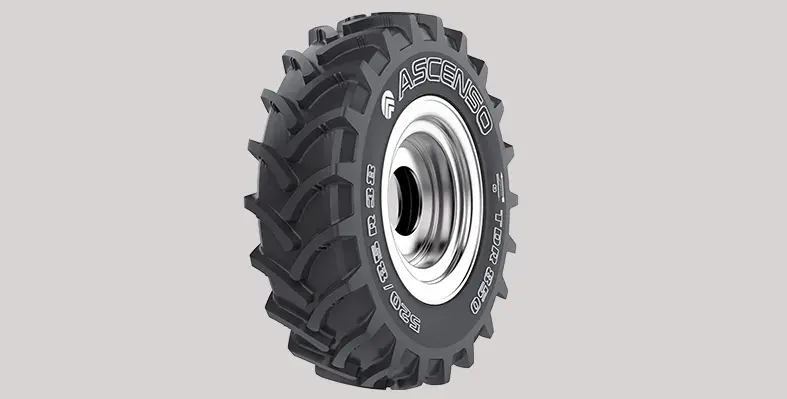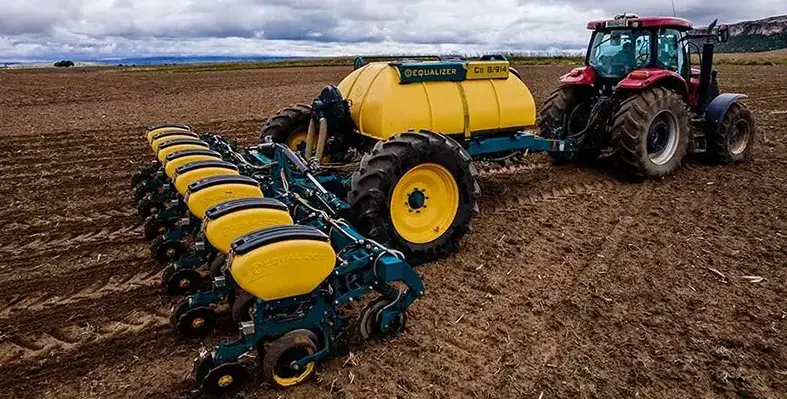
LEMKEN’s precision seeding portfolio and extend its presence in key agricultural markets worldwide. (Image credit: LEMKEN)
In a move that underlines its commitment to innovation in agricultural technology, LEMKEN, a global leader in professional crop production equipment, has announced the acquisition of South African seeding technology manufacturer Equalizer
The partnership is set to boost LEMKEN’s precision seeding portfolio and extend its presence in key agricultural markets worldwide.
Founded in 2000 and based in Cape Town, Equalizerhas built a strong reputation for designing and producing high-capacity seed drills and precision planters tailored for large-scale and conservation farming systems. The company’s solutions ranging from planters with up to 36 rows to seed drills with working widths of up to 24 metres are engineered for no-till and minimal soil disturbance systems, reflecting the growing global demand for sustainable farming technologies.
By bringing Equalizer into its fold, LEMKEN aims to bridge technological and market gaps within its existing product lineup. While LEMKEN has gained recognition for its DeltaRow precision seeding system, Equalizer’s single-row planting technology complements and expands LEMKEN’s capabilities, offering farmers more options to improve planting accuracy, soil health, and operational efficiency.
According to Anthony van der Ley, CEO of LEMKEN, the acquisition “perfectly complements our seeding technology range and helps us serve markets we couldn’t reach before.” He added that the move reflects LEMKEN’s broader strategy to promote sustainable and efficient farming through advanced machinery and data-driven innovation.
LEMKEN has confirmed plans to invest in Equalizer’s operations in South Africa, with an immediate focus on enhancing spare parts logistics and maintaining local expertise. The Equalizer brand and management team will continue to operate independently, ensuring continuity for existing customers while gaining access to LEMKEN’s research, production, and global distribution network.
Equalizer’s founder and managing director, Gideon Schreuder, expressed optimism about the collaboration, noting that combining the two companies’ expertise will accelerate product development and deliver greater value to farmers worldwide.
The acquisition marks another step in LEMKEN’s mission to lead the digital transformation of agriculture. By integrating complementary technologies and expanding into emerging markets, the company reinforces its position as a pioneer in precision agriculture, no-till seeding, and sustainable crop production systems.




